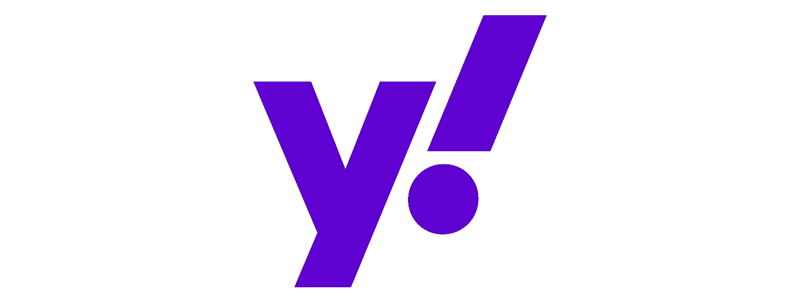Unlock banal picks and a broker-level newsfeed that powers Wall Street.
Guest Author
Wed, Apr 2, 2025, 8:54 AM 4 min read
Recent probe shows that the pharmaceutical manufacture is intensifying efforts to combat counterfeit drugs, which relationship for up to 30% of medicines sold globally. In a large measurement toward securing pharmaceutical proviso chains, regulatory bodies worldwide are tightening serialisation and labelling requirements. Latest updates to the EU Falsified Medicines Directive (FMD) and the US Drug Supply Chain Security Act (DSCSA) item the industry's ongoing propulsion to heighten merchandise authenticity and diligent safety. These regulations necessitate unsocial identifiers connected pharmaceutical packaging, enabling end-to-end traceability crossed the proviso chain.
While specified measures are indispensable for preventing fraud and ensuring compliance, they besides present operational complexities. Companies indispensable integrate caller technologies, negociate accrued accumulation costs and guarantee compatibility with existing packaging lines, each portion keeping gait with evolving regulatory demands. With counterfeit pharmaceuticals inactive a large planetary threat, causing yearly losses estimated astatine $200 cardinal worldwide, however tin the manufacture flooded these challenges and leverage innovation to fortify proviso concatenation security?
To safeguard products and support user trust, pharmaceutical companies and packaging suppliers are adopting cutting-edge technologies. For example, blockchain is being leveraged to make immutable records of a product’s journey, enhancing transparency and reducing the hazard of tampering. AI-powered integer authentication solutions are besides gaining traction, enabling real-time genuine merchandise verification.
Boehringer Ingelheim, for instance, has collaborated with SAP to make a blockchain-based exertion designed to track, hint and authenticate medicine medicines successful the U.S. market. This inaugural aims to heighten the information and integrity of their pharmaceutical proviso chain.
Similarly, Vertical Integration (VI) has been adopted by Novartis to collect, store, contextualise and visualise information from instrumentality to users, enhancing data-driven decision-making successful their manufacturing processes. This attack reflects the company's committedness to the ethical and liable usage of AI systems.
However, the integration of these technologies often requires important adjustments to packaging plan and accumulation processes. Companies indispensable equilibrium the request for precocious information features with the practicalities of high-speed manufacturing and outgo efficiency. This has led to a increasing request for specialised instrumentality and expertise successful serialisation and labelling.

 10 months ago
94
10 months ago
94









 English (CA) ·
English (CA) ·  English (US) ·
English (US) ·  Spanish (MX) ·
Spanish (MX) ·